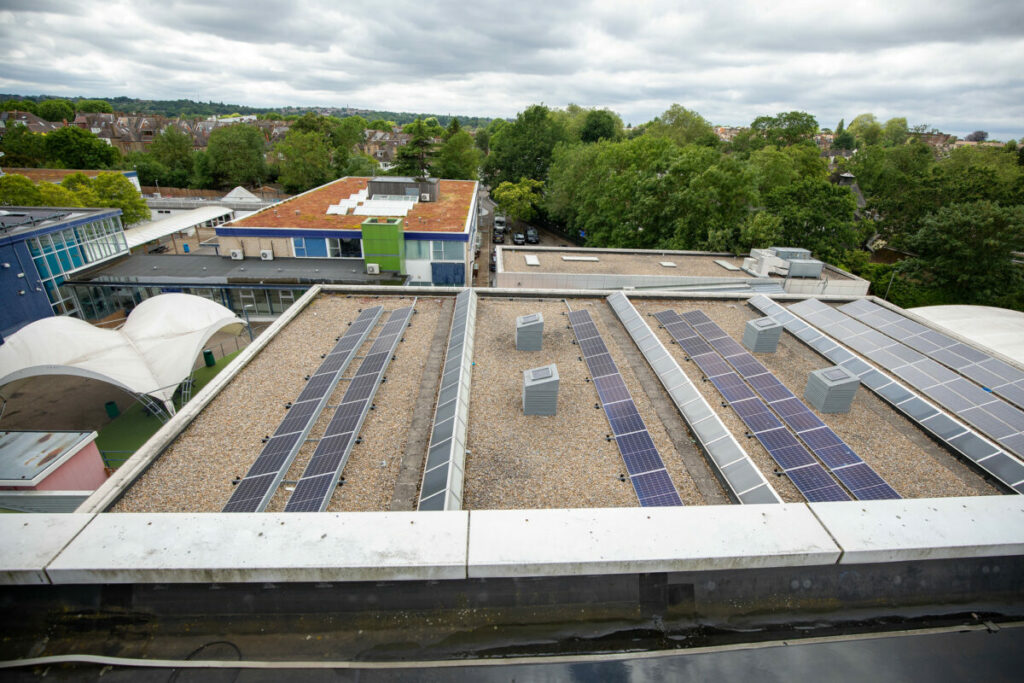The Department for Energy Security and Net Zero (DESNZ) has announced a new £10 million fund for local communities to develop clean energy projects.
The fund will launch in early Autumn and will target projects like rural heat networks and rooftop solar. The government hopes the funding will encourage more private investment to scale up projects.
The Community Energy Fund will be open to both rural and urban communities to develop local clean energy projects. The fund hopes to kickstart projects like small scale wind farms, rooftop solar, battery storage, district and rural heat networks, EV chargepoints and fuel poverty alleviation schemes.
Minister for Nuclear and Networks Andrew Bowie said: “Local communities are at the heart of our plans to boost our energy security and grow the economy. The Community Energy Fund for England will empower communities to do just that. With it, they’ll be able to drive forward innovative energy projects that will have a lasting positive impact, bringing costs down, building stronger communities, and securing clean energy for generations to come.”
“Importantly, these energy projects could expand beyond local areas by attracting further investment from the private sector, in turn inspiring other communities to power their area with energy from England,” Bowie added.
DESNZ said the new fund follows the success of the former Rural Community Energy Fund, and as with the previous fund, it will be delivered through Local Net Zero Hubs, which support local authorities to develop net zero projects and attract commercial investment.
DESNZ pointed to the Congleton Hydro project as an example of a successful project funded through the Rural Community Energy Fund, which it said has also led to the creation of an annual £5,000 fund for local community projects.
Bob Owen, chartered engineer at Congleton Hydro, said: “The Rural Communities Energy Fund (RCEF) has been a real enabler for Dane Vally Community Energy’s Congleton Hydro, helping us to refine the system design and commission additional environmental studies required by the local planning authority. Further funds from RCEF have enabled us to successfully specify and design the next Hydro Scheme based on another historic Weir in Congleton park and fund the research and the realisation of a Community Solar Scheme—the Community Share Prospectus. Without this incubator funding from RCEF, it is most unlikely that either scheme would have seen the light of day.”
Current± Explores has been publishing a series of features on the community energy sector in the UK. Since the end of Feed in Tariffs, the sector has been largely without national funding, though there are regional funds in some areas like London.
Community Energy London chair Syed Ahmed told Current± that: “Community Energy London welcomes this new funding which – for the first time – also extends to support urban city-based community energy projects. We support the comment from Andrew Bowie MP that local communities are at the heart of Government plans to boost energy security and grow the economy. Today’s announcement is a welcome first start – but there’s so much we can do to unlock the potential of community energy across the UK.





